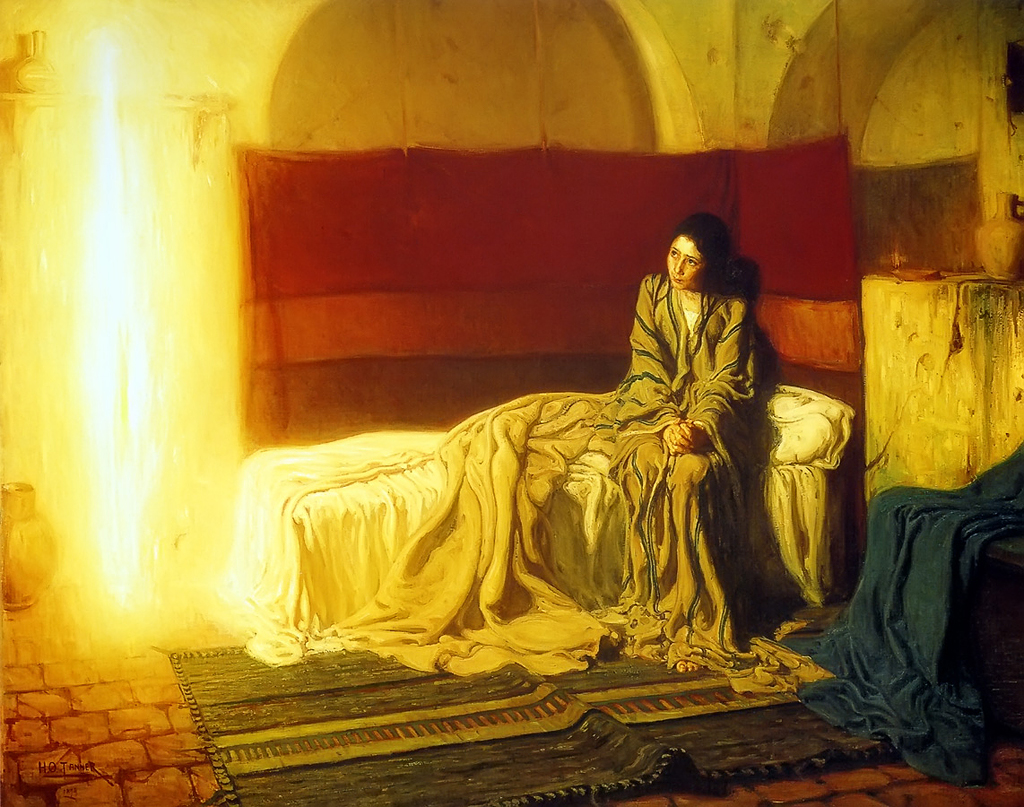 |
| Luke 2:16-21 |
Two reflections on this
feast that we celebrate today: Mary,
Mother of God:
1. Naming Mary the Mother of God means that Jesus is
the Son of God. The incarnation (God becoming man) means that God dwells with
us . At the Council of Ephesus in the
4th Century the raging debate was trying to answer the question: how
can Jesus be both God and Man. Some were saying that Jesus was not really God but the Council disagreed and
declared that Jesus was consubstantial (of the same substance) of the Father.
By declaring that Mary is the Mother of God they were making a radical
theological statement: He was not just some prophet or good person, Jesus was
truly God. He took on our human nature and came to be with us. Why did God do
this? St. Athanasius says that “God became man so that man might become like
God”. Because Jesus took on our nature He opened up for us a path to Heaven
that was not there before. As a result the whole world is charged with God’s
presence (like static electricity) through which we can encounter God and bring
about the Kingdom of God on earth as it
is in Heaven.
-Where do I see God’s presence around me? Within me?
-Does believing that God became man change how I see or
interact with the world?
2. Do what Mary did--Mary kept all these things, reflecting on them in her heart. These words from today’s Gospel offer us a powerful
image: Mary at age 13 ponders shepherds, magi, prophesies and the newborn child
that she is holding who is the Son of God. Mary needed time to reflect on the
wonder and mysteries of God that had taken place. After celebrating the birth
of Jesus (and beginning a new year) we too need to set aside (concretely!) time
to allow our hearts and minds the time to wonder at the work of God in our
lives and to reflect on what we are to do and (more importantly) who we are to
be as a result.
-Am I the kind of person I want to be? That I was
created to be?
-Do I believe that God has a plan for me? Am I really
trying to listen to what God might be telling me?








